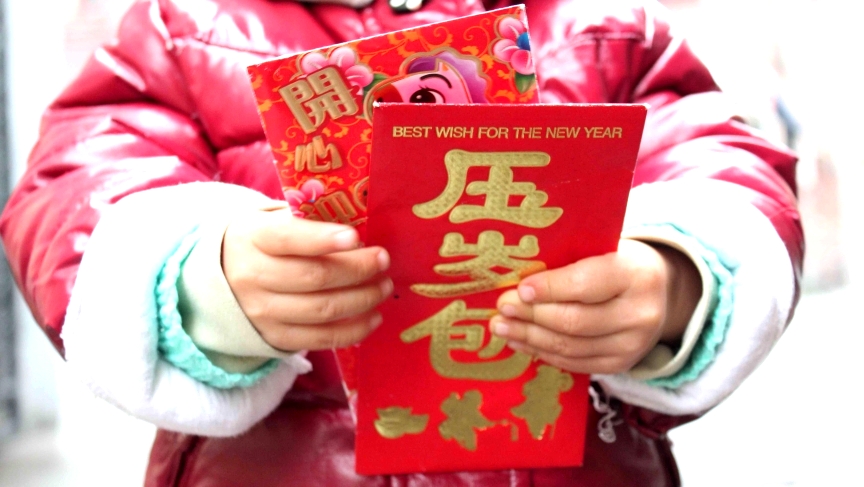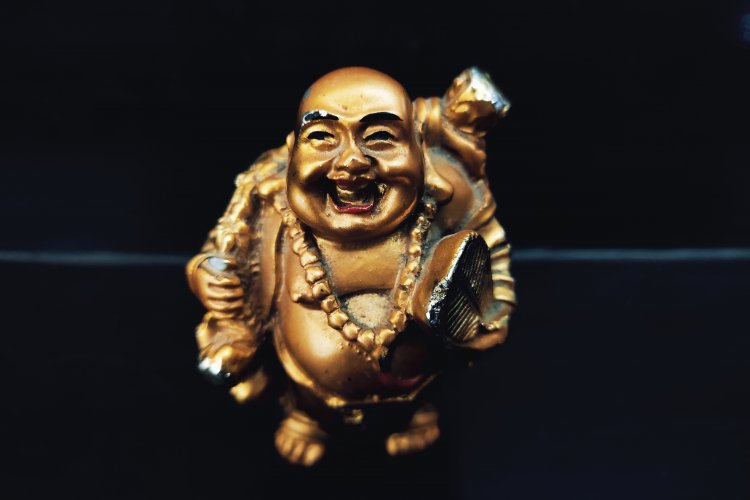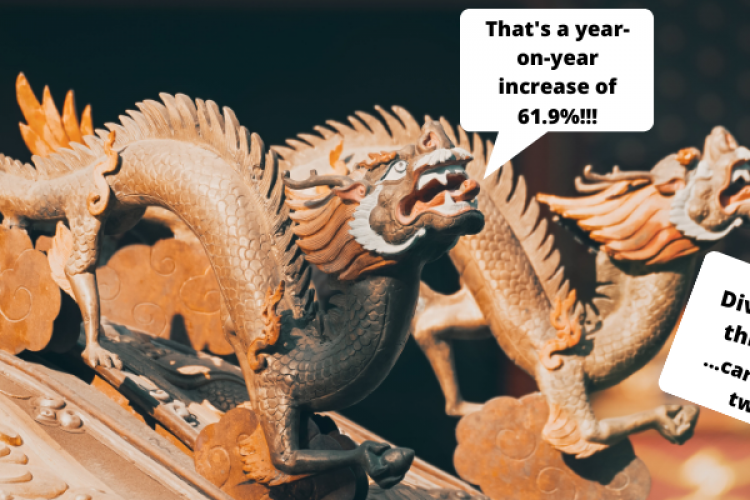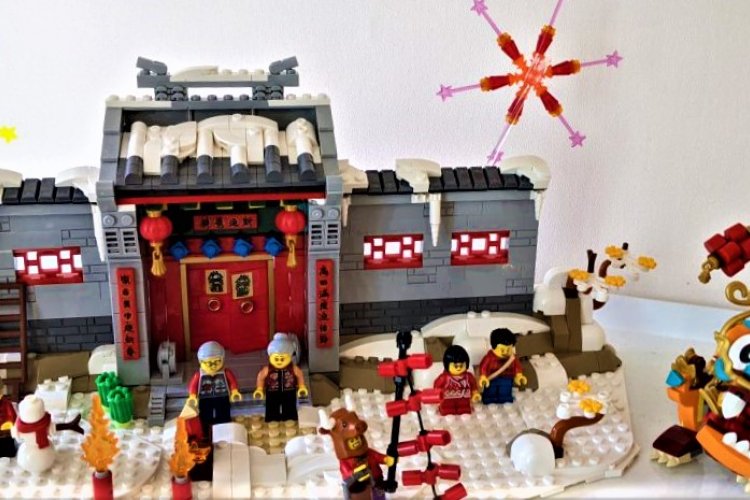In the Red: Chinese New Year Hongbao and Gift-Giving Etiquette
One Chinese tradition that you have to grasp quickly as a foreigner, is the concept of the Chinese red envelope. Whether you’re in China for business or pleasure, you’ll encounter situations in which you’re expected to give a hóngbāo (红包). Hongbao, as the name would suggest, are red packets that are filled with an amount of money and given as a gift. The red color of the envelope symbolizes good luck and is supposed to ward off evil spirits.
During Spring Festival, people of a higher rank are expected to give hongbao to their inferiors; bosses and managers will give an envelope to their employees, and parents will give one to their children.
Hóngbāo, or yāsuìqián?
When the gift is for children, it’s called yāsuìqián (压岁钱), which literally means “pressure age money.” During the Ming and Qing dynasties, the yasuiqian was given to children in the form of coins tied with a red string. It too was believed to protect the children from evil spirits as well as encompassing the sentiment of passing on good fortune. Today, parents tend to give a single RMB 100 note to their children, and to nieces and nephews, in a sealed envelope. It is polite to avoid opening the envelopes in front of relatives. If you’re an unmarried adult, you are still regarded as a child, when it comes to receiving hongbao.
Keep your employees happy
If you have an āyí (阿姨) and/or a driver, you’re also expected to give a hongbao. This bonus is given right before the Chinese New Year holiday, and is meant to help people return to their hometowns to see their families. The amount in the hongbao isn’t fixed, but an ayi will expect an amount equal to her monthly salary. If your ayi and driver have been with you for less than a year, you can pro-rata accordingly. You’re not forced to give the double salary amount in the red envelope, but it might avoid having a disgruntled employee or worse still, no employee after Spring Festival. In many companies, the hongbao is often given as the 13th month of salary and paid in January. Sadly, if it's above the minimum salary income, this bonus will be taxed.
Presentation matters
The amount of money given should usually be a round number. Even numbers, except four, are better than odd, and eight is a particularly auspicious number. There is a widespread tradition that money should not be given in fours, or the number four should not appear in the amount, as the pronunciation of the word "four" (四 sì) is similar to that of the word for "death"(死 sǐ) and thus signifies bad luck. The money inside a red envelope should always be new and crisp. Folding the money or giving dirty or wrinkled bills is bad form. You can buy red envelopes at any supermarket and stationery shop, just be sure to check that it isn't adorned with last year's dead stock zodiac or that it says "Congratulations on your marriage" or some such.
Be a good guest
If you’re invited to someone’s home for Chinese New Year, it is tradition to present hongbao to the children and gifts to the adults. If your hosts drink alcohol, they'll appreciate a nice bottle of whatever it is they like most. Boxed loose leaf tea is always a nice gesture and the fruit basket is a ubiquitous symbol of Chinese New Year. Giving a box of oranges or a box of apples is also welcomed, as respectively they symbolize safety and fortune. Sweets, nuts, and the ever-popular Ferrero Rocher, also make good gifts. Cut flowers aren't normally a traditional gift for hosts in China, but small orange or kumquat trees are very traditional. If you’re wrapping a gift, there are some colors that are preferred: red is lucky, pink and yellow symbolize happiness, and gold represents fortune and wealth. Avoid white and black, which are used in funerals and symbolize death.
READ: 688 Million People Used WeChat Hongbao on Chinese New Year's Eve 2018
This article first appeared on our sister site beijingkids.
Photo: mmbiz.qpic.cn
Related stories :
Comments
New comments are displayed first.Comments
![]() WayDaLone
Submitted by Guest on Sun, 01/31/2016 - 09:18 Permalink
WayDaLone
Submitted by Guest on Sun, 01/31/2016 - 09:18 Permalink
Re: Chinese New Year Hongbao and Gift-Giving Etiquette
Good article. Thanks for sharing.
Validate your mobile phone number to post comments.







